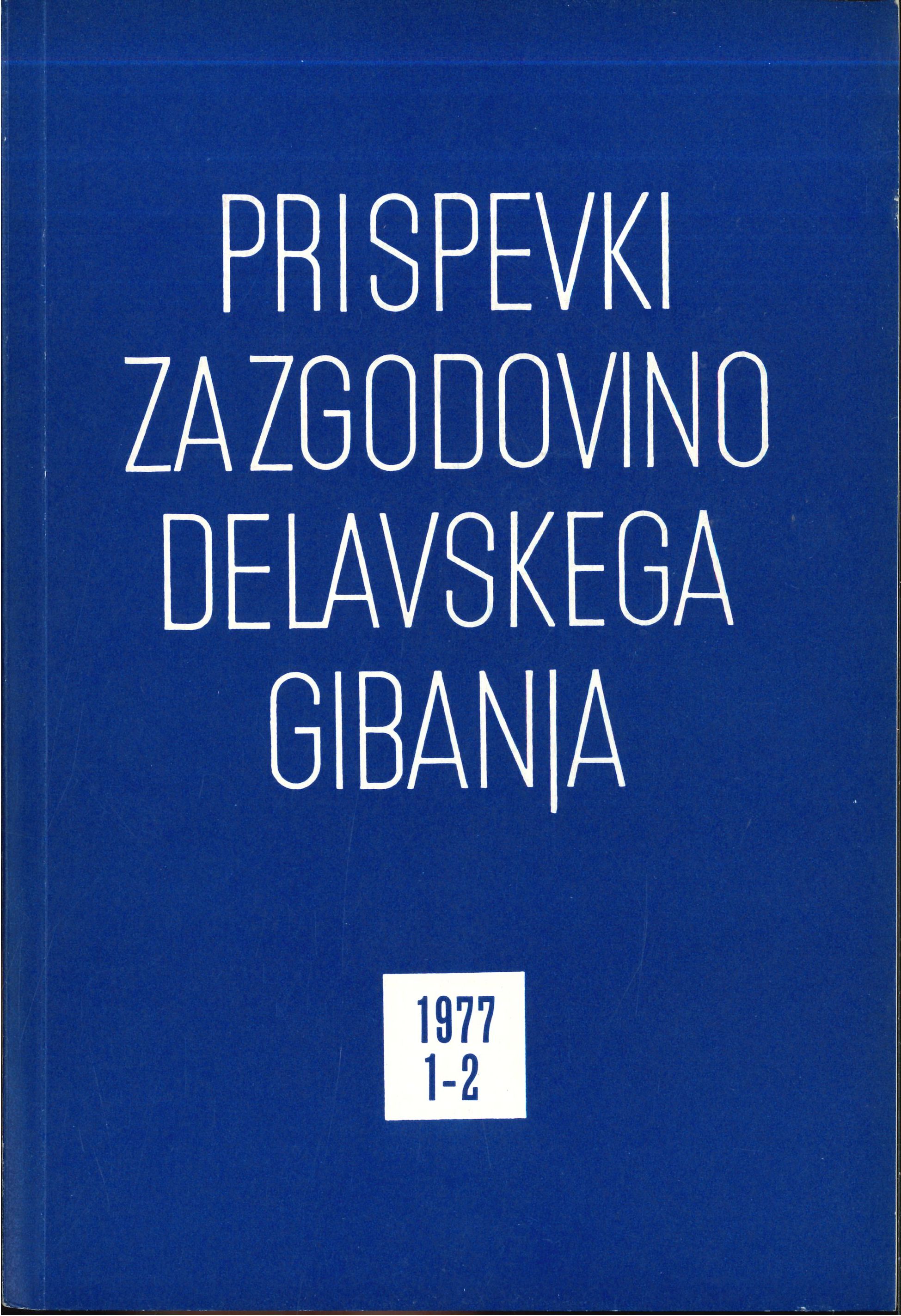The Social and Economic Position of Slovenes in Trieste and Gorizia before the First World War and the Work of H. Tuma
Keywords:
Henrik Tuma, Trst Gorica, Avstro-Ogrska, Italija, gospodarska zgodovina, politična zgodovina, hranilnice, posojilniceAbstract
The life and work of Henrik Turna in the region of Trieste and Gorizia falls into the .period when the Slovene nation was becoming a subject in the Austrian policy. In order to be able to get actively involved in the events of the time it had to establish structures- which other nations already possessed and from which they were drawing strength. The activity of Henrik Tuma in the founding and management of co-operatives, savings-banks and loan societies, educational and other institutions did not stem from his hostility towards Italians but from the belief that, at that particular historical moment, it was no longer possible for the Slovene nation to be restricted to subjection only. Tuma was deeply aware of the significance Trieste held for the Slovene hinterland, as well as of the significance of the latter for it. He was for coexistence of both nations* for the contest of cultures, but not for struggle.
Downloads
Published
Issue
Section
License
Authors who publish with this journal agree to the following terms:
- Authors retain copyright and grant the journal right of first publication with the work simultaneously licensed under a Creative Commons Attribution License that allows others to share the work with an acknowledgement of the work's authorship and initial publication in this journal.
- Authors are able to enter into separate, additional contractual arrangements for the non-exclusive distribution of the journal's published version of the work (e.g., post it to an institutional repository or publish it in a book), with an acknowledgement of its initial publication in this journal.
- Authors are permitted and encouraged to post their work online (e.g., in institutional repositories or on their website) prior to and during the submission process, as it can lead to productive exchanges, as well as earlier and greater citation of published work (See The Effect of Open Access).


